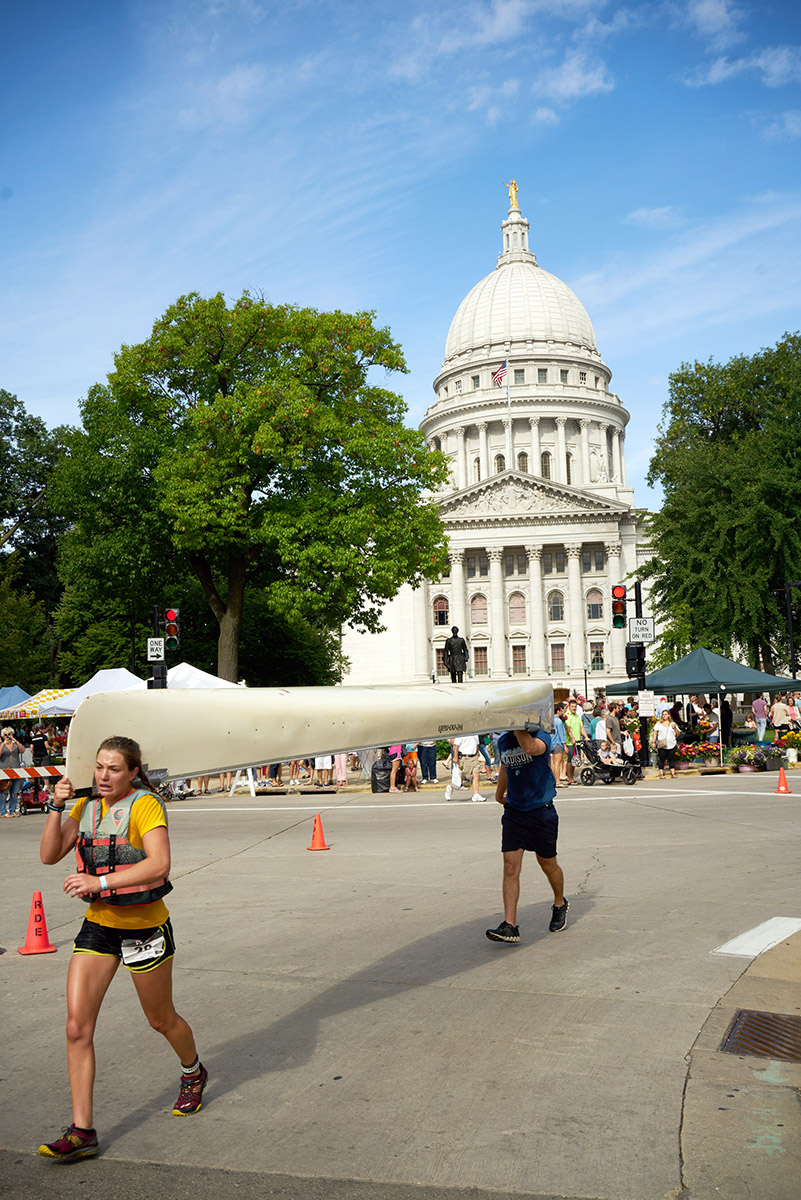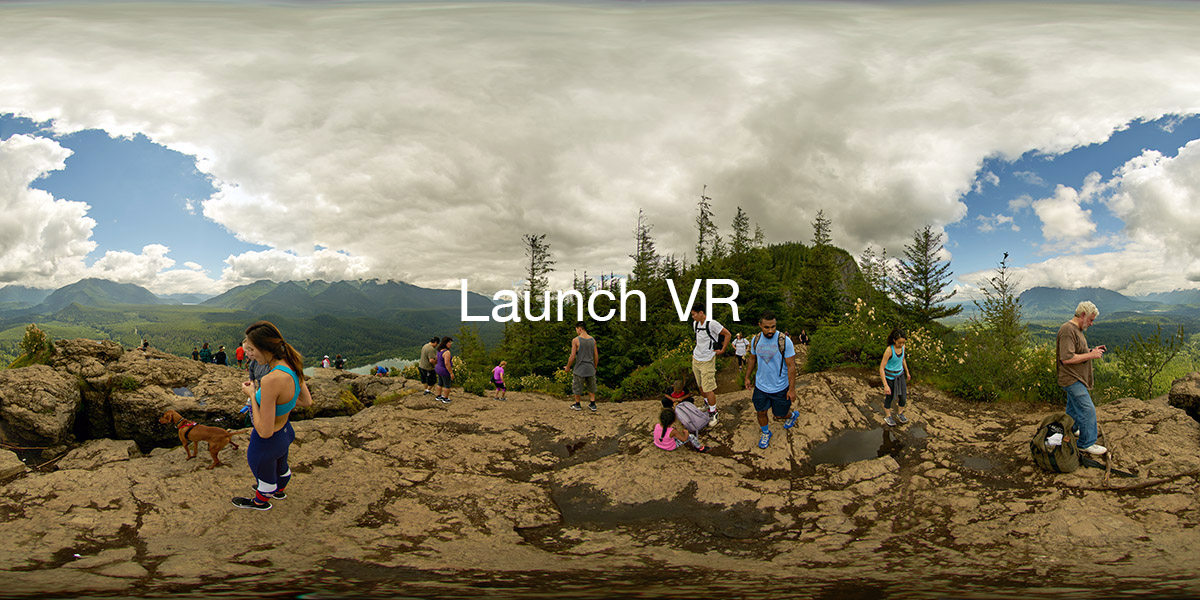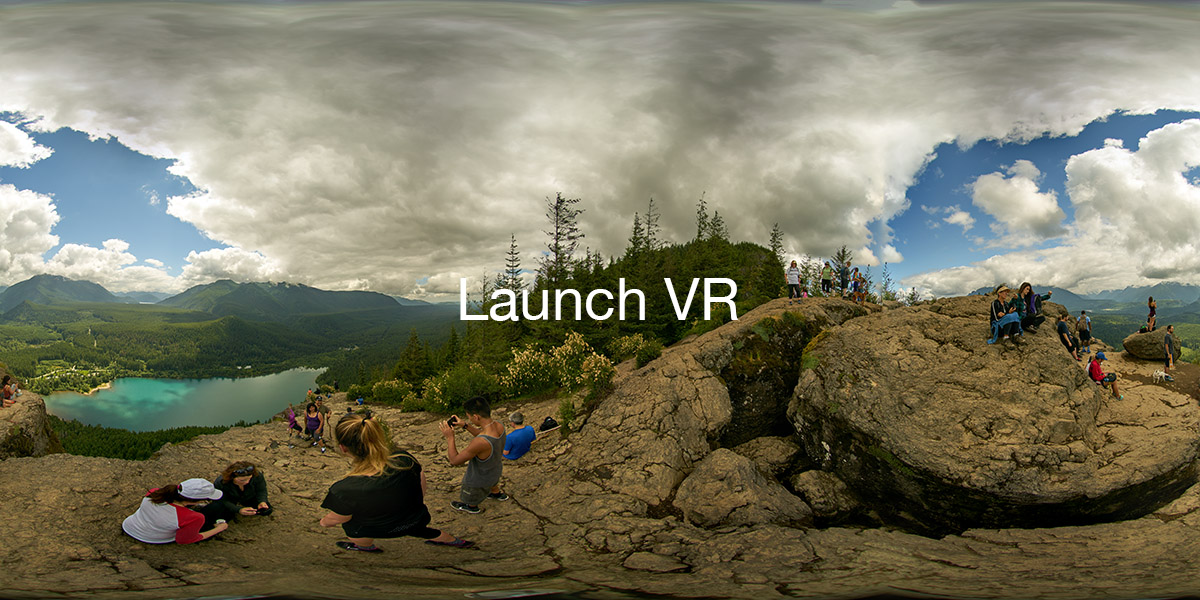After some back-and-forth discussion between this person and various other individuals on Twitter, one user determined that the quick-change oil place had probably sold the information to CarFax, which had then sold it to State Farm. CarFax makes no secret of this; it’s a selling point from their perspective. But it’s worth noting that CarFax is just as happy to sell data in bulk to an insurance provider as they are to help you uncover odometer fraud on that sweet ’97 Mitsubishi Eclipse you’ve been considering. Probably more so, in fact.
The Weekend, in Photos
Paddle & Portage, Olbrich Gardens and the ubiquitous Farmer’s market. A delightful, blessed weekend.
Paddle & Portage website.
History tells us what may happen next with Brexit & Trump
seems we’re entering another of those stupid seasons humans impose on themselves at fairly regular intervals. I am sketching out here opinions based on information, they may prove right, or may prove wrong, and they’re intended just to challenge and be part of a wider dialogue.
My background is archaeology, so also history and anthropology. It leads me to look at big historical patterns. My theory is that most peoples’ perspective of history is limited to the experience communicated by their parents and grandparents, so 50–100 years. To go beyond that you have to read, study, and learn to untangle the propaganda that is inevitable in all telling of history. In a nutshell, at university I would fail a paper if I didn’t compare at least two, if not three opposing views on a topic. Taking one telling of events as gospel doesn’t wash in the comparative analytical method of research that forms the core of British academia. (I can’t speak for other systems, but they’re definitely not all alike in this way).
The 24 ways we’re tracked on a regular basis reveal something disturbing about the future
This list, instead, tallies the kind of tracking an average person might encounter on an ordinary day in the United States. Each example has been sourced officially or from a major publication.
Car movements – Every car since 2006 contains a chip that records your speed, braking, turns, mileage, accidents whenever you start your car.
Highway traffic – Cameras on poles and sensors buried in highway record the location of cars by license plates and fast-track badges. Seventy million plates are recorded each month.
Ride-share taxis – Uber, Lyft, and other decentralized rides record your trips.
Long-distance travel – Your travel itinerary for air flights and trains is recorded.
Drone surveillance – Along U.S. borders, Predator drones monitor and record outdoor activities.
Postal mail – The exterior of every piece of paper mail you send or receive is scanned and digitized.
Utilities – Your power and water usage patterns are kept by utilities. (Garbage is not cataloged, yet.)
Cell phone location and call logs – Where, when, and who you call (meta-data) is stored for months. Some phone carriers routinely store the contents of calls and messages for days to years.
A Few Madison Scenes










Winter Summer Inn View

A quite relaxing inn with a splendid view.
Snoqualmie Falls, Washington
Saab 95 V4 Wagon
Seattle Views



The indefatigable DUKW.
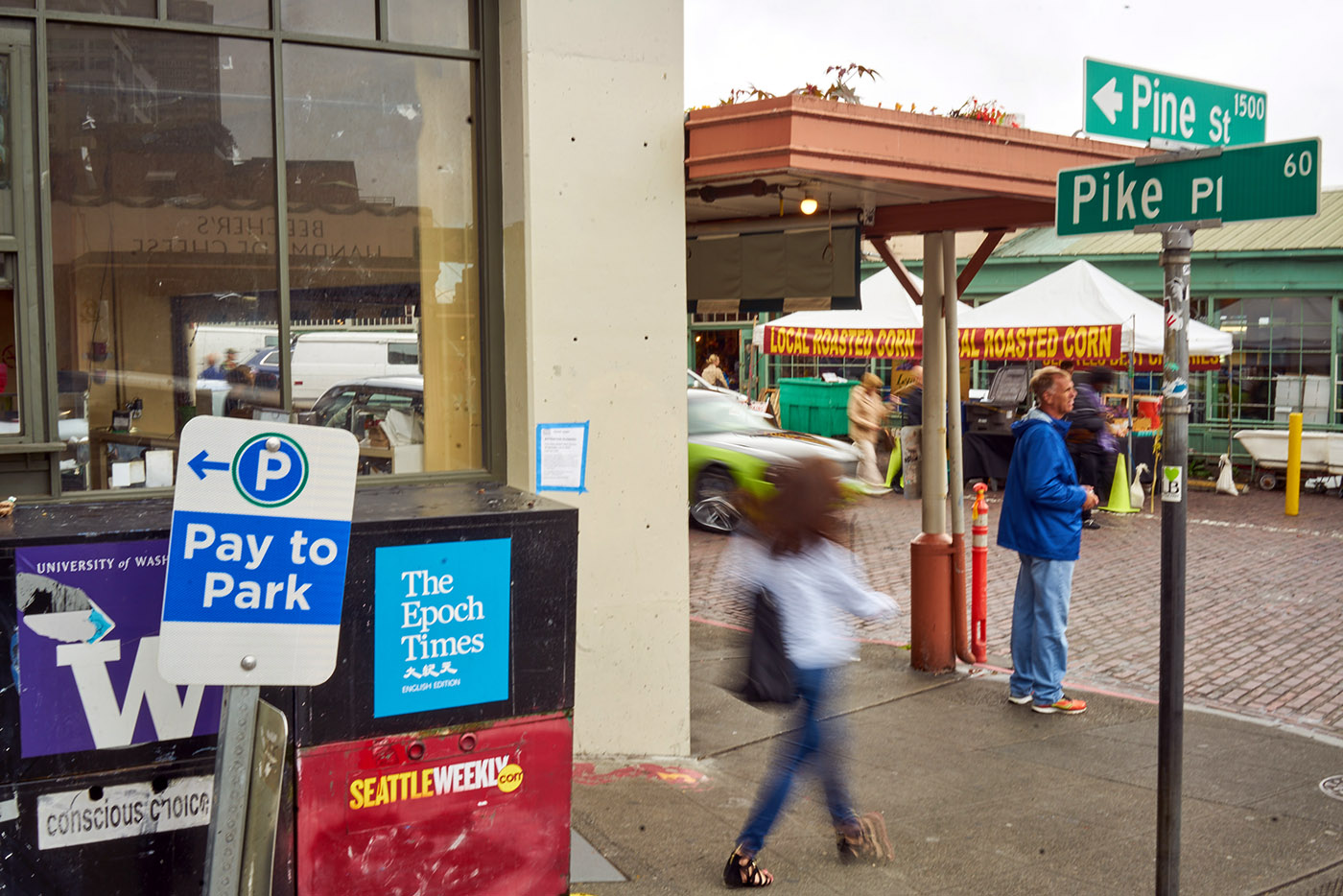
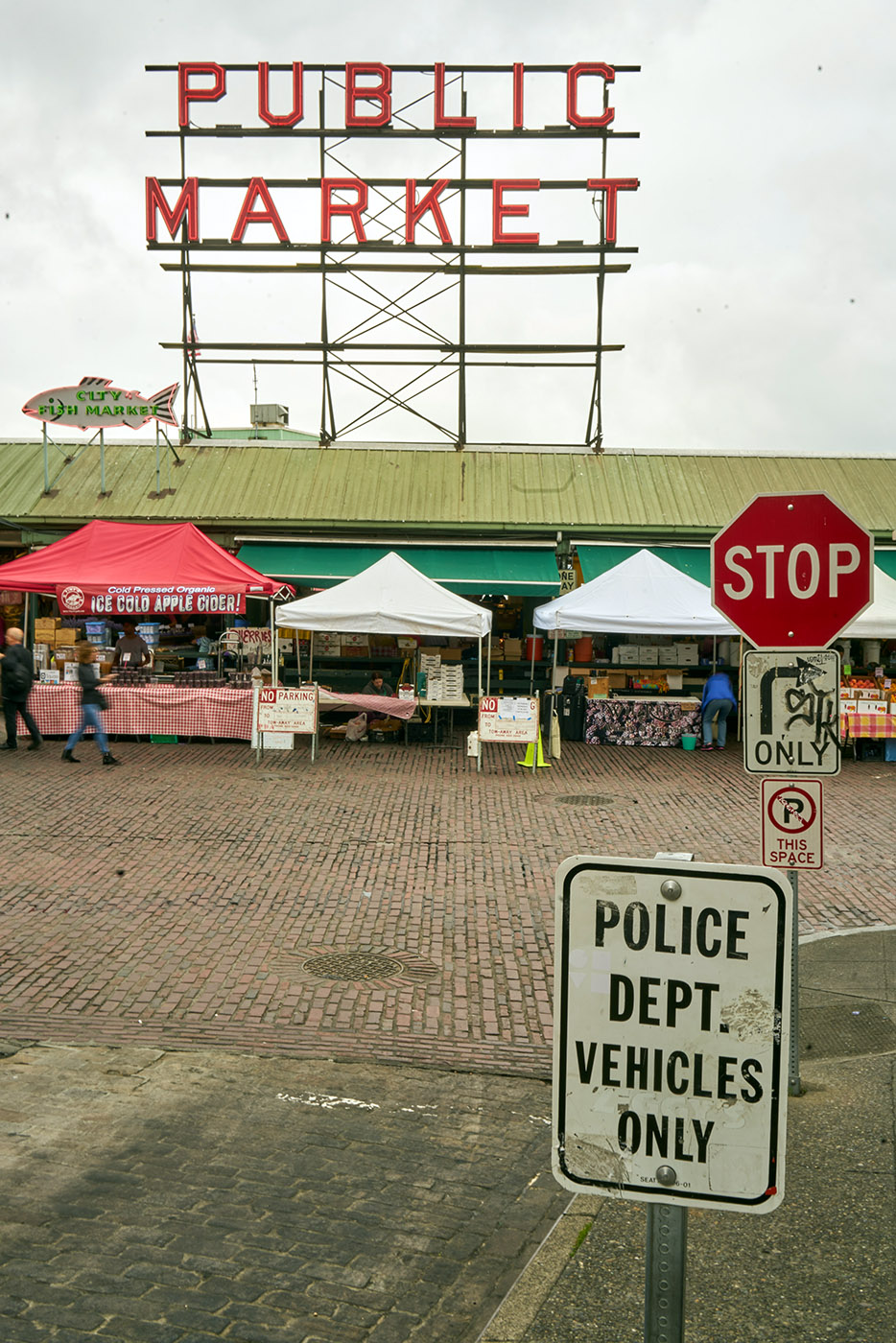


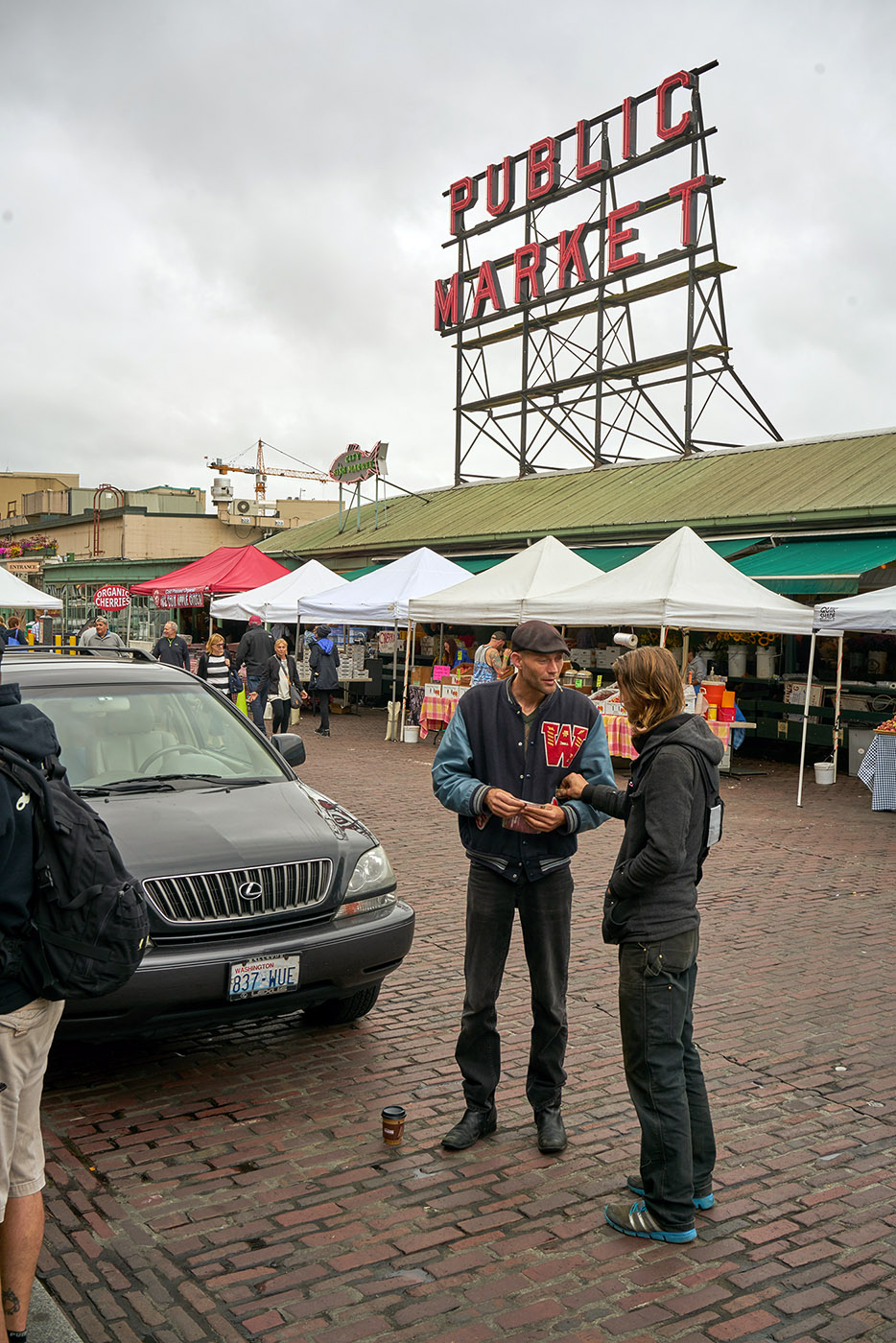








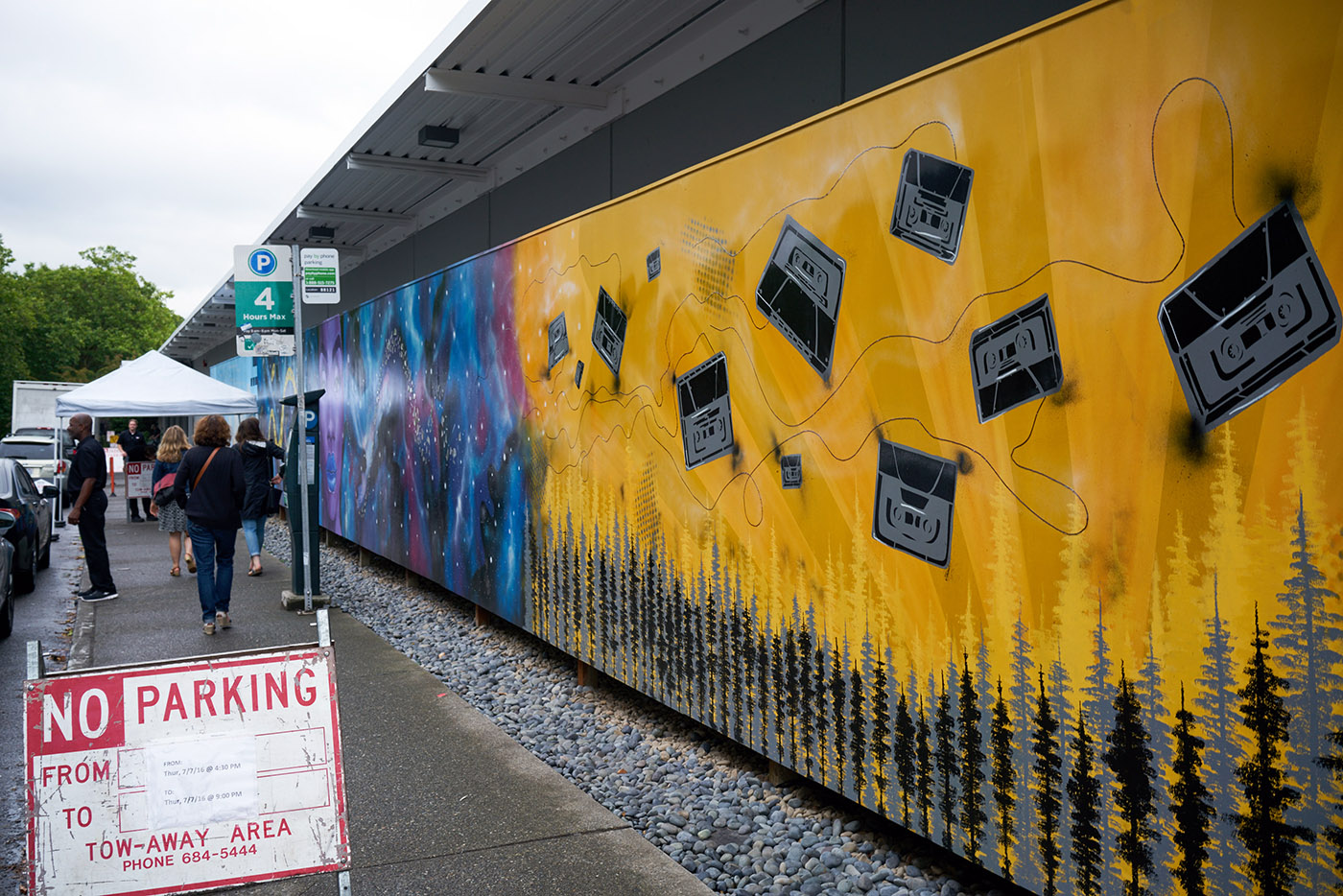
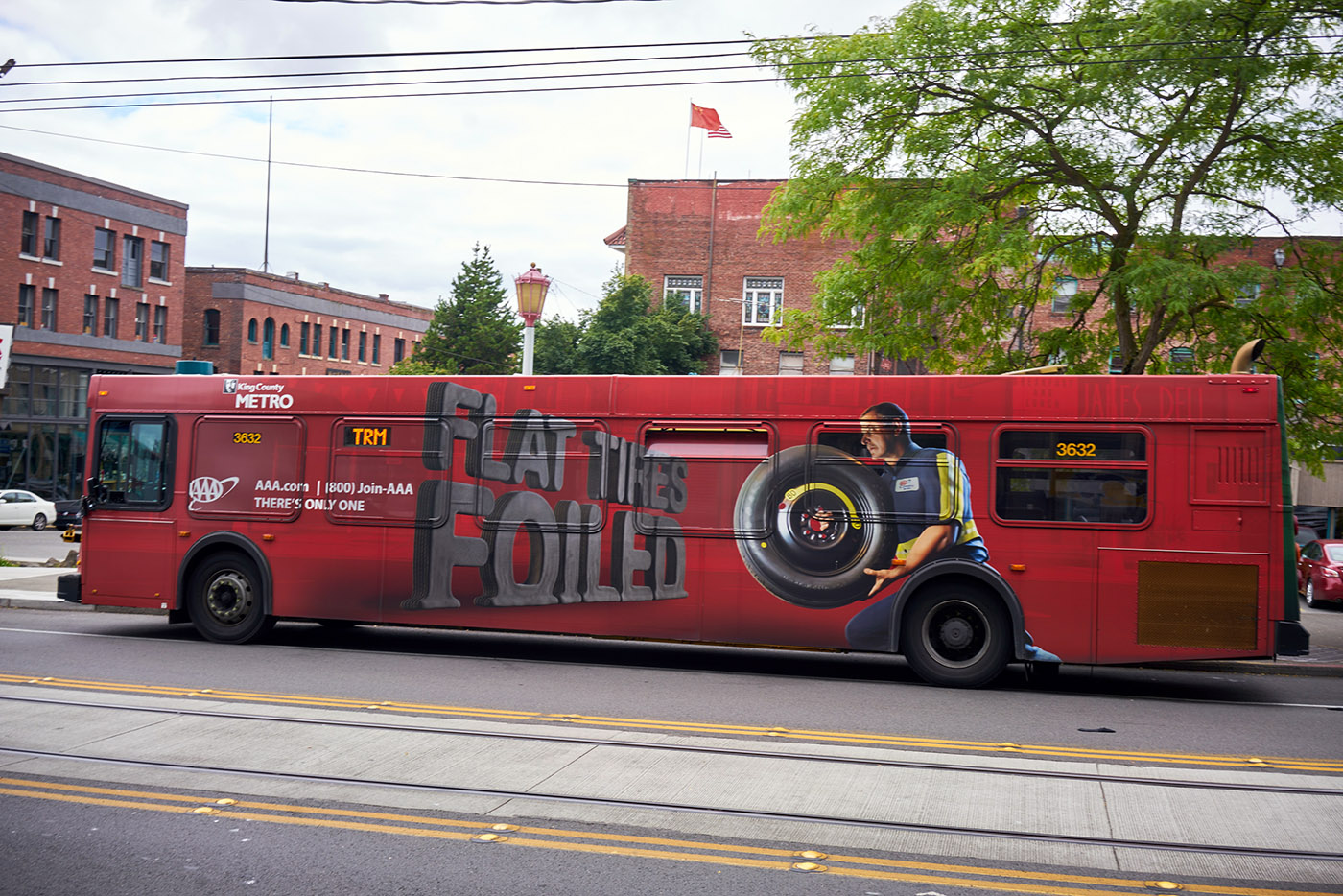


Tap for a larger view (above), taken on the Bainbridge Island – Seattle Ferry.



The astute observer might notice Beecher’s cheese.











